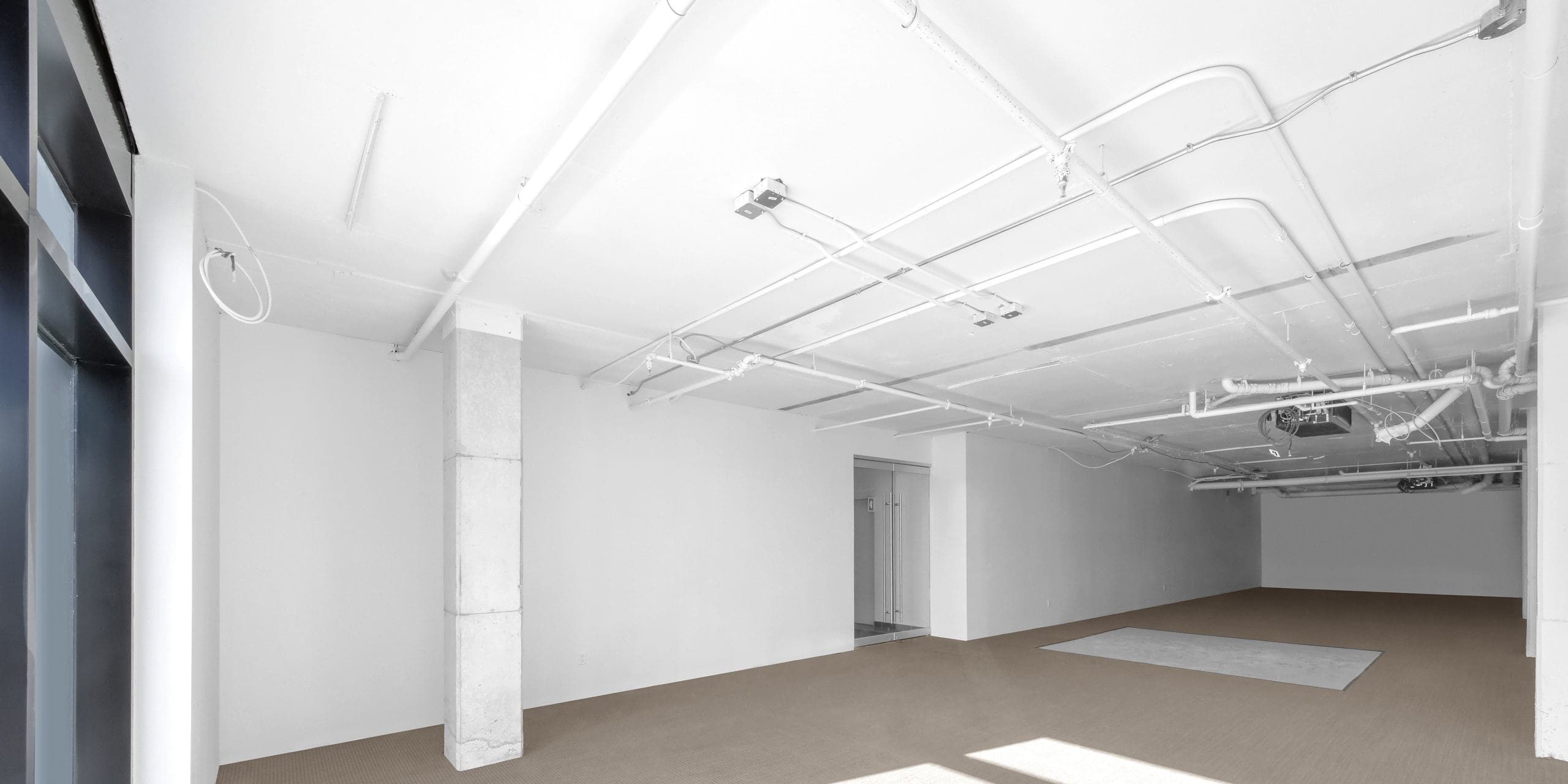
7 things to consider before you sign a commercial lease
When it comes to commercial leases, you should have an experienced lawyer review the paperwork. Why? Because once you sign a commercial property lease, you are legally bound by its contents. Therefore, it’s imperative to understand your responsibilities and obligations before making a significant financial commitment to your business.
Commercial property lease clauses
If you are thinking about entering a commercial lease, there are a few things you should take into consideration:
- Rent amount – The rent is a critical element of any commercial lease. Negotiating a rent-free period or reduced percentage for the first year can make a huge difference for a new business. Keep an eye out for provisions that may automatically increase your rent, such as rent reviews.
- Outgoings (operating expenses) – Tenants often have to contribute to their own and the landlord’s outgoings. These expenses can encompass rates, taxes, cleaning costs, insurance and even legal costs for the landlord.
- Lease term – The term of the lease refers to the duration for which your business can rent the premises. Shorter leases offer flexibility and lower financial risks, often making them suitable for newer businesses. On the other hand, a long-term lease provides stability for established businesses seeking a long-term address. Consider the incentives associated with short- and long-term leases, ensuring the lease term is sufficient to recover your investment.
- Options to renew – An option to renew clause allows the existing tenant to extend the lease for another term. It’s essential to negotiate this clause if you want to extend your short-term lease, as landlords aren’t obligated to renew the lease otherwise.
- Rent reviews – Rent reviews typically occur once a term unless otherwise specified. Familiarise yourself with the details of the rent review clause, as it may impact future rental costs.
- Fit-out costs – Customising a commercial space for your business often requires considerable work. Typically, tenants are responsible for performing a fit-out. To ensure clarity and avoid misunderstandings, it’s beneficial to document the agreed-upon works within the lease.
- Permitted use – As a tenant, you’re responsible for obtaining the necessary local council approvals for your permitted use of the premises. Furthermore, if you are considering subletting your space, make sure it’s under your permitted use (and allowable under the commercial lease terms!).
Tenant obligations
Commercial leases involve complex legal agreements that can have significant implications for your business. By consulting with a knowledgeable property lawyer, you can ensure that you fully understand the terms and conditions of the commercial lease, including rent, maintenance responsibilities, lease duration, and any special clauses. Your Geelong lawyer can also help you negotiate favourable terms, identify potential pitfalls, and protect your rights and interests throughout the leasing process.
Legal advice for commercial leases around Geelong, Bellarine & Surf Coast
With their expertise in commercial leases specific to the Geelong, Bellarine, and Surf Coast regions, WJM property lawyers can provide valuable legal guidance to help you make informed decisions (and avoid costly mistakes). Investing in legal advice for a commercial lease now is a wise choice that can safeguard your business in the future. Contact WJM property lawyers in Geelong to review or negotiate a commercial lease for your business.



Leave a Reply